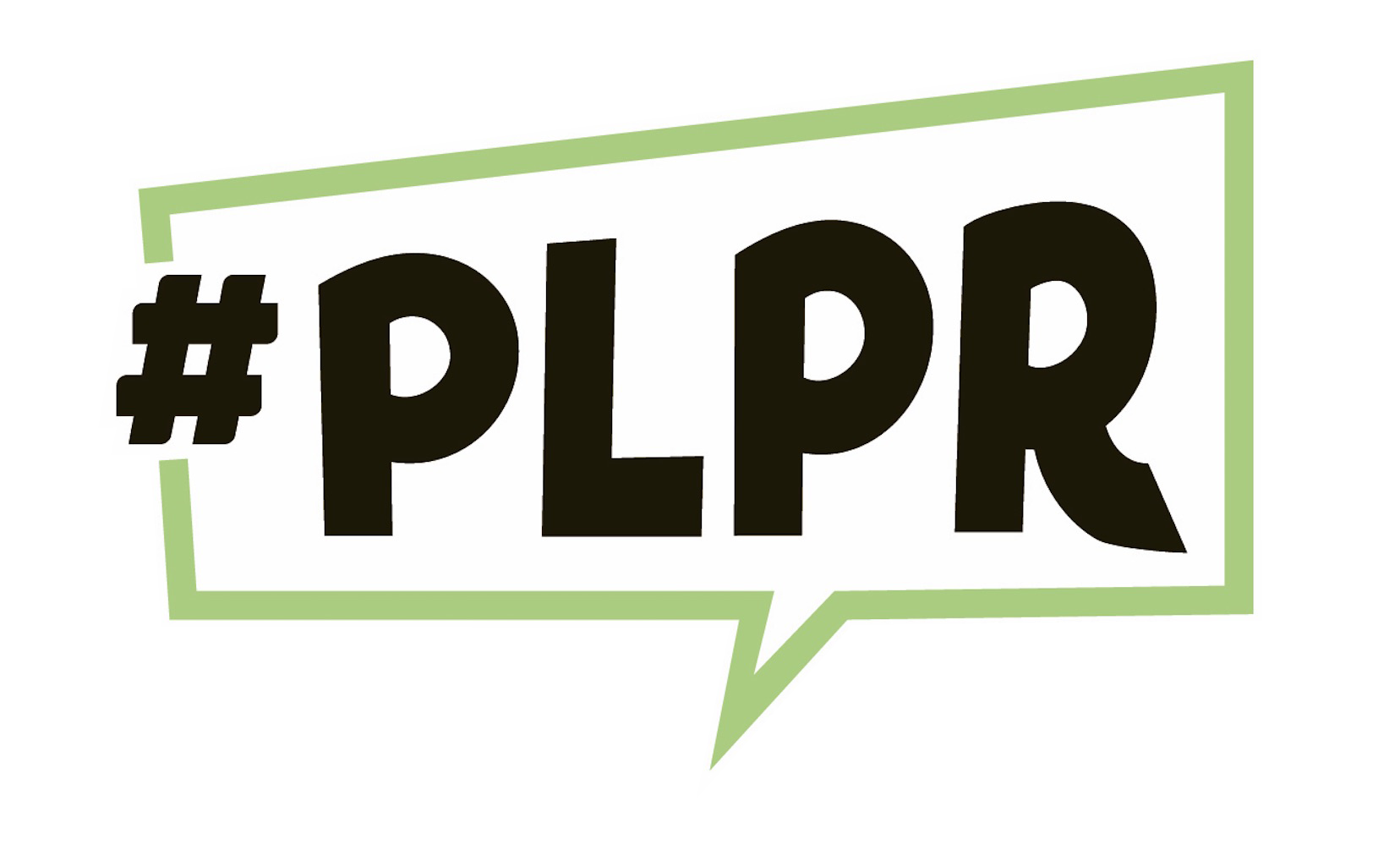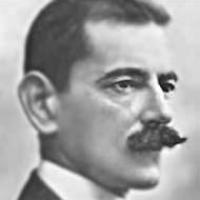Por lo que el hombre es debil
Habrá teoría, entre las más hermosas,
que los abismos del cerebro aclare,
pero ninguna de ellas que declare
si el ama es macho, o hembra… o las dos.
Mas es mujer. Cuanto el amor ampare
fecunda en sus entrañas generosas;
finge, cual las muchachas veleidosas,
y, al cabo, un sueño la seduce… y pare.
Desde que Eva le echó del Paraíso
vive así Adán, tras su pomposos nombres,
al femenil espíritu sumiso.
El cuerpo sigue al alma que es su centro…
¡Y todavía alardeamos de hombres,
cuando tenemos la mujer adentro!
Why Man is Weak (trans.)
Of the beautiful theories put forth,
one may shed light on the depths of the brain
but none of them can clearly ascertain
if the soul is male or female, or both.
But it’s a woman. All in love’s domain
is fertilized in her full loins at first;
like a fickle girl, she was apt to feign,
‘til a dream seduces her… and she gives birth.
Since Eve kicked Adam out of Paradise
he spends life chasing his bombastic names,
bowed to the feminine spirit’s device.
The body follows the soul, its nucleus…
And still we boast about our being men
when we have the woman inside of us!
De Diego’s poem gives the traditional Petrarchan sonnet an irreverent modernista (Latin American modernist) twist. In a traditional Petrarchan sonnet, the first eight lines (rhyming ABBAABBA, or in this case ABBA BAAB) serve as exposition of the theme, while the final six (here rhyming CDC EDE) provide some kind of resolution, yet here there is no real resolution but rather an ironic commentary on the title theme (the weakness of men, and by extension mankind, since “el hombre” in traditional Spanish can refer to both). I have tried to preserve some of the end rhyme even if with a different scheme and off rhymes, while rendering de Diego’s hendecasyllabic (11-syllable) lines, typical of both Italian and Spanish sonnets, into something as close as possible to the iambic pentameter that is standard in traditional English sonnets. To make the pentameter work and bring in some rhyme, I had to take some liberties and let some things get lost in translation: thus, a more exact translation of line 11 would be something like “submissive to the feminine spirit,” which is less oblique in its subversion of gender hierarchies than what I came up with (“bowed to the feminine spirit’s device”). Given that the last lines in de Diego’s sonnet read as playfully dramatic, I used the playfully jarring anti-rhyme of “nucleus” and “us” to give a sense of the poem’s provocative whimsy.

